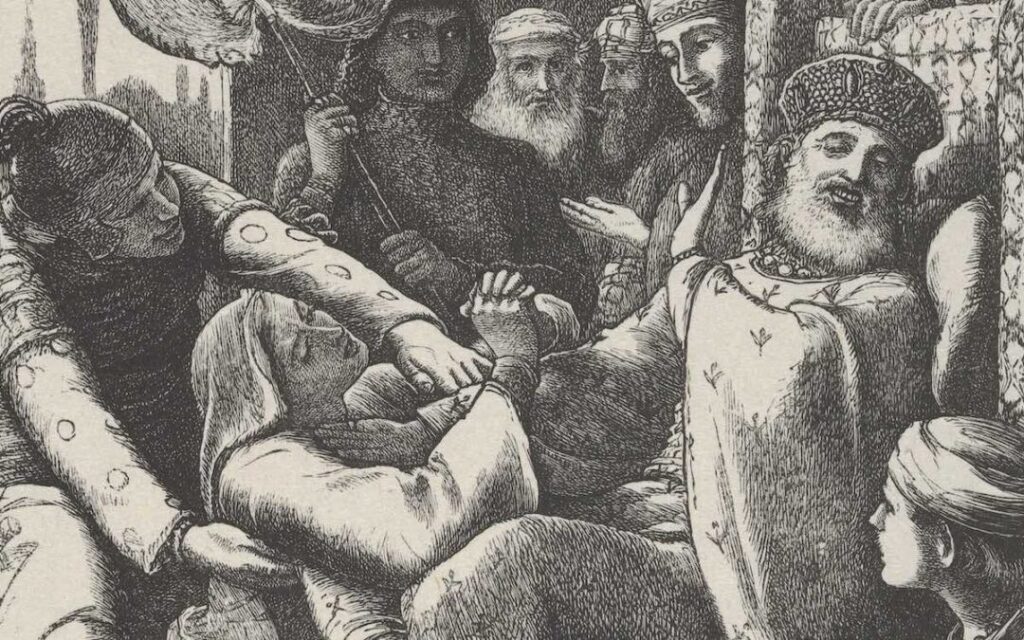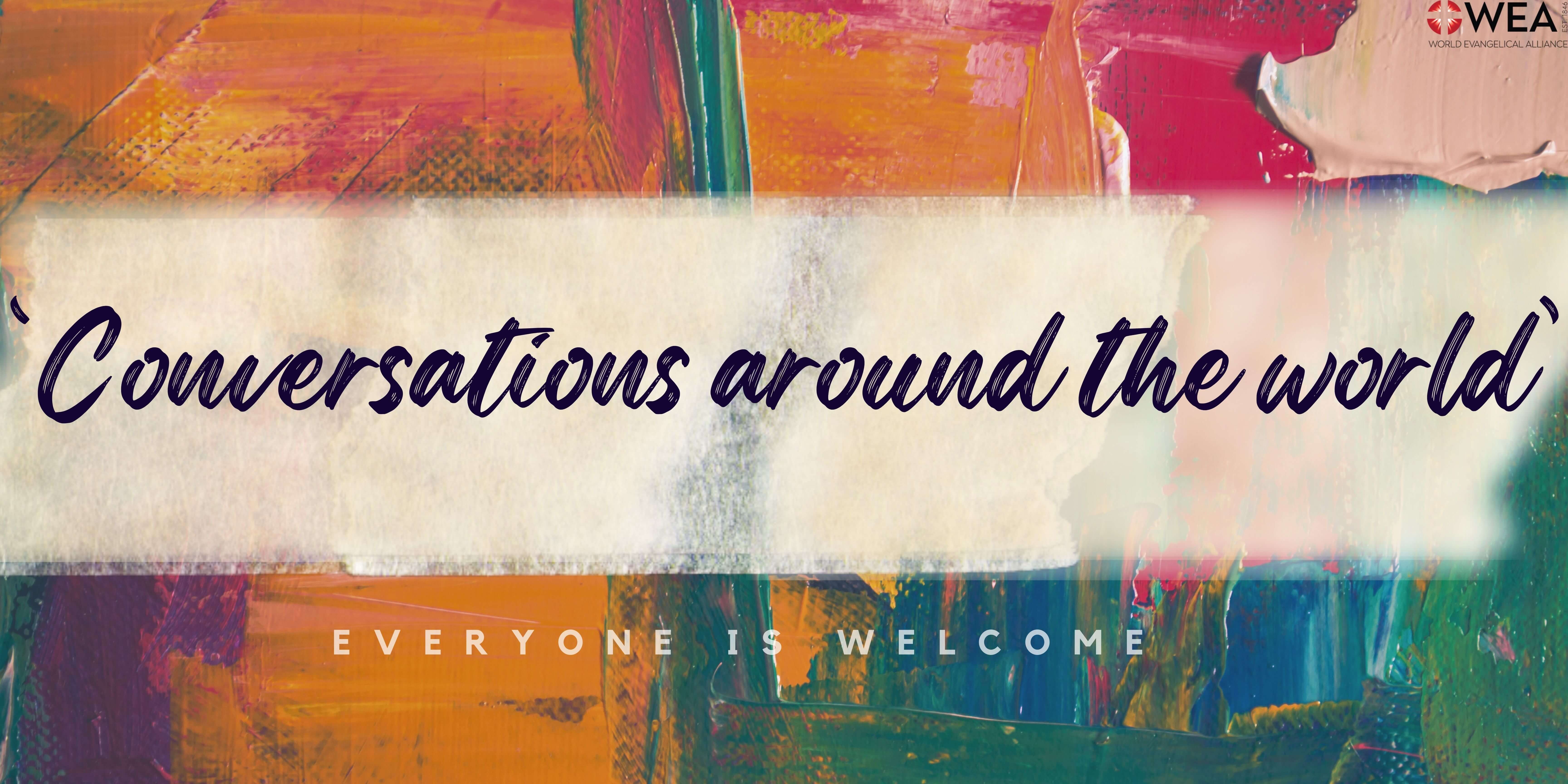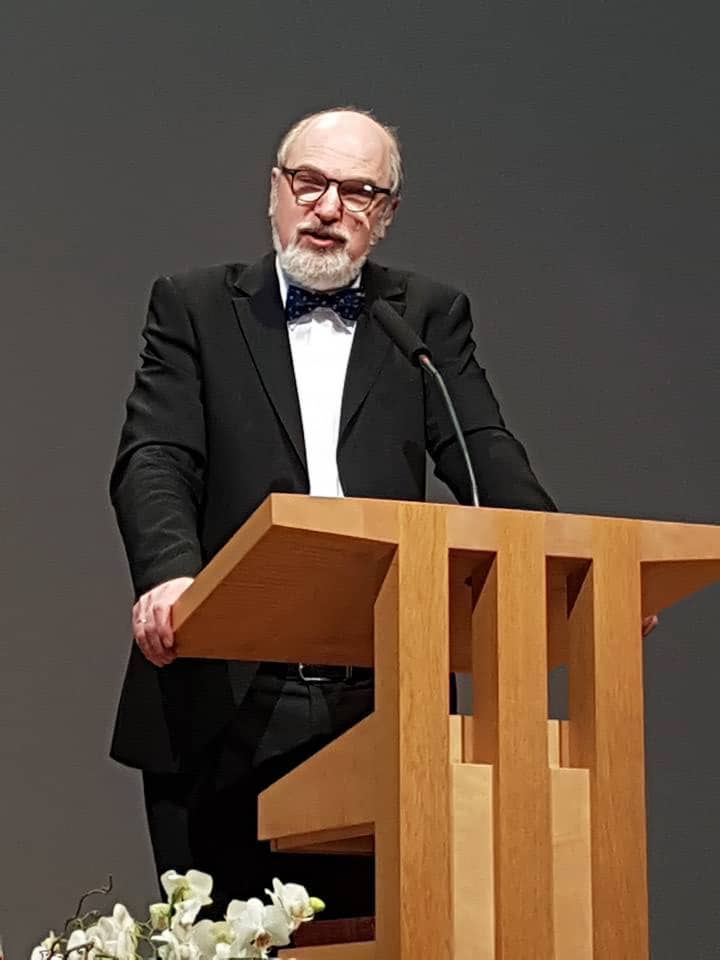By Wissam Al-Saliby, Originally Published on Good Faith Media

“We were not aware of this issue.”
This was the unexpected response that I heard this year in two meetings with two United Nations human rights representatives working, respectively, on the Middle East and North Africa, and on Asia.
Sixteen churches have been forcibly shut down in Algeria, and several Christians were prosecuted and unjustly sentenced. Based on input from the Protestant Church of Algeria, a member of the World Evangelical Alliance (WEA), our WEA Geneva Office reported these cases to the Human Rights Council, to the Human Rights Committee and to UN experts.
An Algerian diplomat took the floor twice at the Human Rights Council to “refute” our accusations. The UN Special Rapporteur on Freedom of Religion or Belief communicated with the government about this specific issue.
And yet, the representative of the Office of the High Commissioner for Human Rights, whose office had just communicated on human rights and the Hirak (popular demonstrations) in Algeria, was not aware of the religious freedom violations in that same country.
In Sri Lanka, WEA member the National Christian Evangelical Association of Sri Lanka is at the forefront of religious freedom advocacy and civic engagement, with initiatives such as MinorMatters.
They ran creative projects and reached out across religious communities in a deeply divided country. And we echoed their voices in Geneva. And yet, the UN representative who is deeply invested in Sri Lanka is unaware of our member’s role and contributions.
But why?
In 2018, I joined the WEA Geneva Liaison Office as an advocacy officer. From this privileged position, I saw first-hand how our office and a handful of partner organizations sought to break the silos of “persecution information” and to make the cases of violations of the right to freedom of religion all over the world heard at the UN and in diplomatic circles.
I also saw efforts to bridge the narrative divide, a prime example of which is Nigeria. Is it persecution or climate induced conflict?
In November 2021, the United States Department of State inexplicably removed Nigeria from their Special Watch List.
While some Christian advocacy groups regularly blast sensational stories via email and social media, in Geneva, factual, legal and solid argumentation is what makes a difference, as well as consistent and long-term engagement.
I saw our effort bear fruit when, for example, in March of this year, one diplomatic mission addressed the human rights situation of three countries – Sri Lanka, Algeria and India – at a Human Rights Council general debate, based on our input.
Also this year, the UN Human Rights Committee’s reports reflected our concerns on France and on Turkey, following our written submissions to the Committee on the two countries respectively.
Yao Agbetse, UN Independent Expert (IE) on the situation of human rights in the Central African Republic, shared on the importance of our relaying the voices of our member alliance in the Central African Republic at the Human Rights Council:
“The relevance of WEA’s interventions at the Human Rights Council … testifies to its commitment to the people on the ground. These [WEA] statements give much hope to these people, whose concerns are thus relayed to the international community, and for the IE, who can therefore rely on experiences and testimonies from reliable sources. The actions and statements of WEA are proof that the population should not despair.”
“I am a one-man operation,” the UN Special Rapporteur on Freedom of Religion or Belief Ahmed Shaheed told Christianity Today, adding: “I rely on civil society to be the eyes and ears for my mandate and to help communicate with people on the ground. [WEA’s Geneva team members] add value to my work and increase my capacity.”
Indeed, if there’s one thing that I heard over and over again, it’s that the UN Human Rights system is stretched thin, overloaded and under-resourced.
In order to accommodate for the increased workload, the Human Rights Council removed the lengthy general debates from its June regular session, and its September regular session had to be extended from three weeks to four.
Furthermore, the Human Rights Council held four Special Sessions this year (in addition to its three regular sessions) in response to emergencies in Myanmar, the Occupied Palestinian Territory, Afghanistan and Sudan (and could hold a fifth session on Ethiopia before the end of the year).
Amid these developments, we should not expect that discrimination or persecution against WEA constituency, and more broadly Christian minorities, will be known at the UN, no matter how well-intentioned the UN experts and staff may be.
It is our responsibility to scale up our efforts, increase our research capacity, increase our outreach to, and trust building with, the UN system, and feed them with information.
In November, a senior UN official told civil society organizations at a meeting that I attended, “You need to insist, repeat yourself, send letters to the UN, keep reminding us.”
This official’s words reminded me of the Parable of the Persistent Widow in Luke 18: “Yet because this widow keeps bothering me, I will see that she gets justice.”
May our prayers and our advocacy for our suffering brothers and sisters be as persistent as those of the Luke 18 widow.





Stay Connected